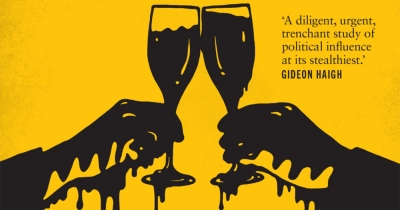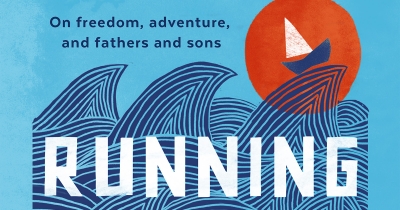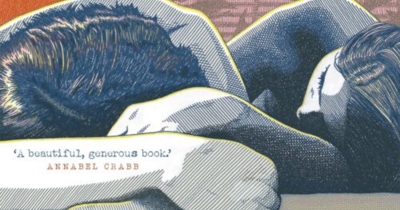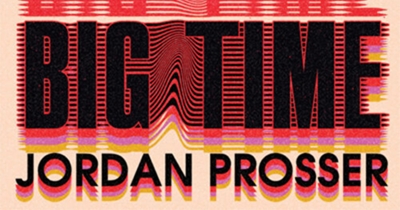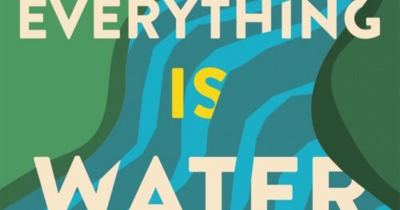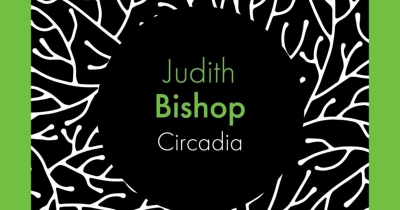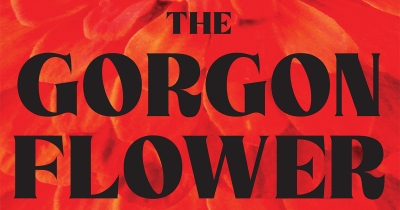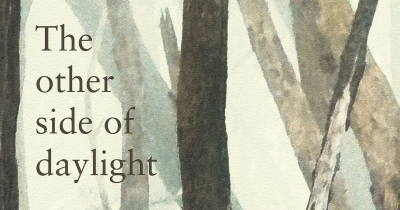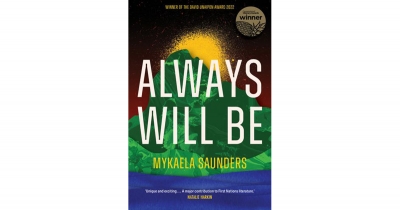University of Queensland Press
Slick: Australia’s toxic relationship with big oil by Royce Kurmelovs
by Stuart Kells •
Running with Pirates: On freedom, adventure, and fathers and sons by Kári Gíslason
by Shannon Burns •
The Other Side of Daylight: New and selected poems by David Brooks
by John Hawke •

